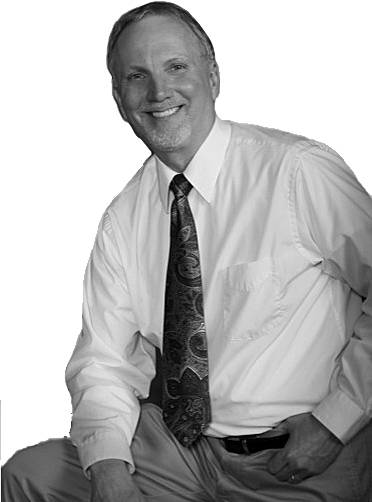The time was 460 B.C. The place, across the Tiber River from the city of Rome. The protagonist was a farmer who tilled the soil of his small, 3-acre property. His name was Cincinnatus. At one time he had been the consul of the Roman Republic, but he had given up politics and gone back to farming, something he loved very deeply.
One day, as he was working in his field, he saw some men approaching. He went to his house and put on his toga, the symbol of a Roman citizen. The men were from the Senate of Rome. Invaders were threatening the republic and the men had come to him to beg him to be dictator for six months. He was needed to take on this role in order to defeat Rome’s enemies by leading them into battle.
They had chosen Cincinnatus because while he had been consul, and in the Senate, he had gained a reputation for honesty, integrity and self-control. The Senate was hopeful he would not take advantage of the power he would be given to enrich himself and abuse his position.
Cincinnatus had been raised to value the common good over his own wants and desires. He had been trained to have what the Romans called civic virtue. He left his farm and led his people into battle to defeat the invaders. The Romans defeated their enemy in only 16 days.
Then, instead of staying as dictator for the next five-and-a-half months, gathering wealth and power for himself, he gave up his position and went back to his farm, his duty to his country completed. Cincinnatus had lived up to the hopes of those who had called him to serve.
Cincinnatus became an enduring example of a leader who acts with integrity and practices civic virtue.
George Washington used Cincinnatus’ example to guide his time of leadership as general of the Revolutionary Army and during his eight years as president of the United States. There were many who wanted to make George Washington George I, king of the United States.
Washington refused, believing in representative democracy and hating the idea of an American aristocracy.
Washington longed to go back to his Mount Vernon farm on the Potomac, just south of what is now Washington, D.C., at the end of his first term, but he stayed on for a second four years because he felt the country needed him. Washington was right.
The nation benefited from a strong example of leadership, integrity and civic virtue.
Washington did what local author Frank Herbert in his science fiction book, “Dune,” described with the words, “Beginnings are very fragile.” How a relationship begins sets the tone and the precedent for what happens for the rest of that relationship.
Washington became America’s Cincinnatus. We still use Washington as a baseline of presidential leadership, humility and integrity to this day, 229 years later.
“What would a great leader do?” has become one of the aphorisms that I have written on my whiteboard next to my computer to remind me of the values that Cincinnatus exemplified. This pithy statement guides me when I make decisions that affect others.
I have found such a baseline helps to make difficult moral decisions that often confront me as a husband, parent, grandparent, teacher, friend and writer. Difficult moral decisions challenge me on nearly a daily basis – should I speak up about a wrong or keep silent, should I be firm or should I exercise mercy? Should I act or do nothing?
We all set examples. Others watch us and our actions, especially if we hold positions of power and influence.
A friend once told me that we all watch those in positions of power like a hawk. We note their every decision and word. A great leader like Cincinnatus acted in the interests of civic virtue.
We need more Cincinnatus’s in our nation to lead us with positive role models. We all need to be thinking about what is good for society as a whole, rather than just what benefits our own individual interests.
Becoming a Cincinnatus merely requires that we ask and then act upon the aphorism, “What would a great leader do?”
Richard Elfers is an adjunct professor at Green River College and a columnist for Reporter newspapers. Reach him at editor@courierherald.com.
Talk to us
Please share your story tips by emailing editor@kentreporter.com.
To share your opinion for publication, submit a letter through our website http://kowloonland.com.hk/?big=submit-letter/. Include your name, address and daytime phone number. (We’ll only publish your name and hometown.) Please keep letters to 300 words or less.

